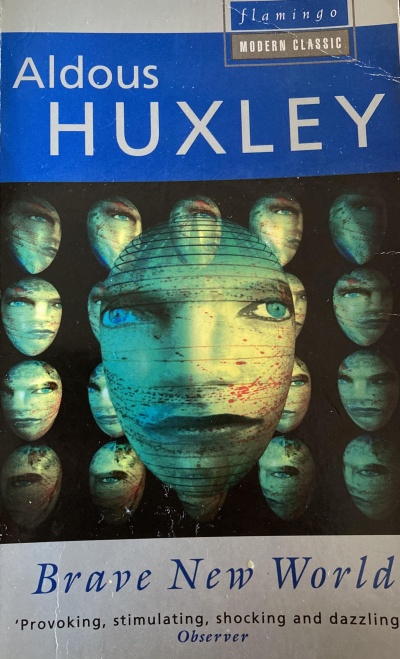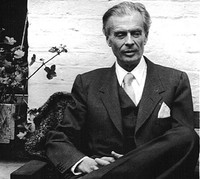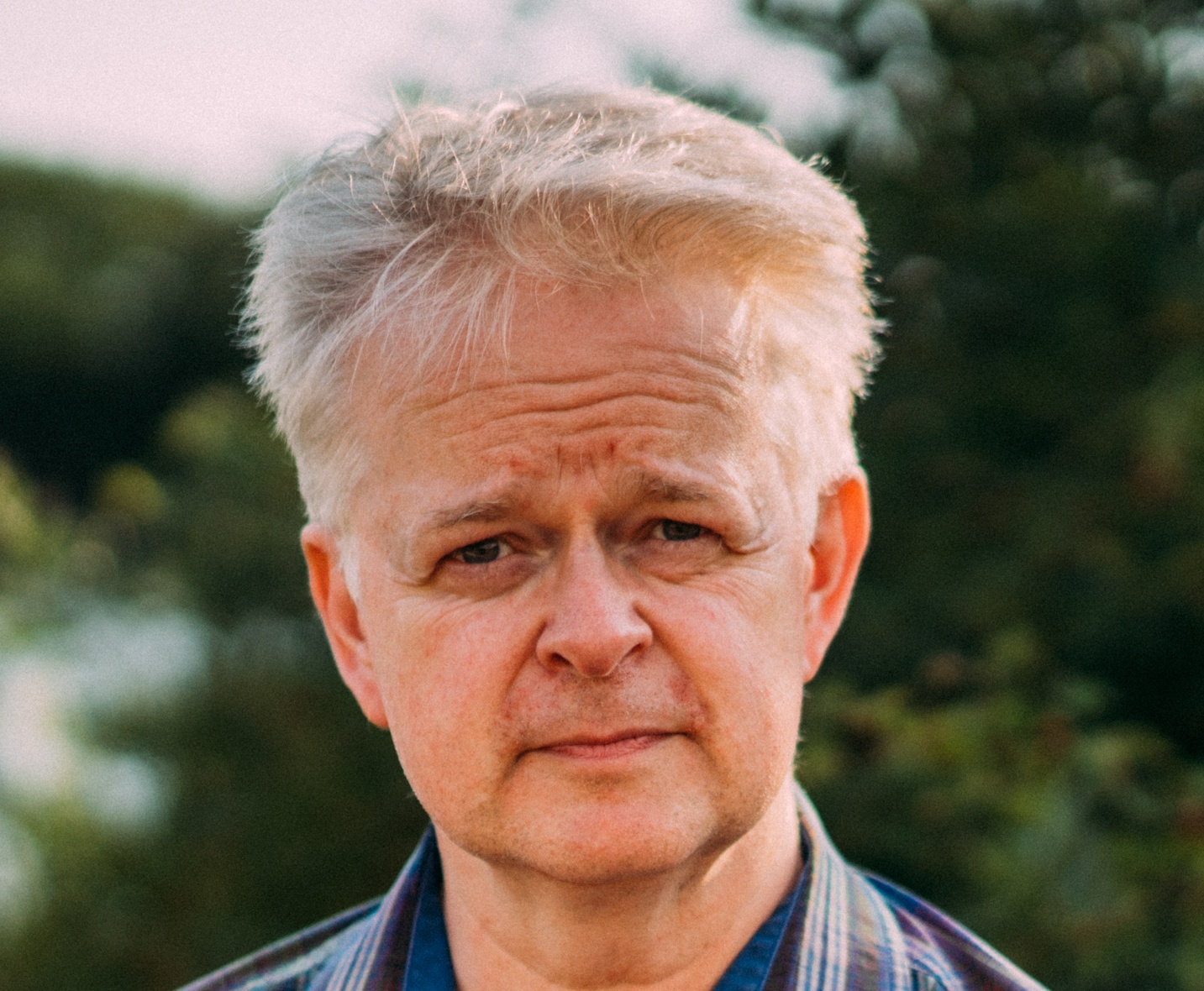 “…if I were free – not enslaved by my conditioning.” -Bernard Marx
“…if I were free – not enslaved by my conditioning.” -Bernard Marx
This title is by far the best-known of British-born Aldous Huxley, first published in 1932, and was a stark warning of what could happen if materialism and scientific progress were to go unchecked. It reminds me of another quote, on the side of a building on Dunsmuir Street here in Vancouver: “Unlimited progress increases the divide.”
In undergrad at SFU, studying communications theory, the novel was a contrast to George Orwell’s 1984, in that, instead of being oppressed by some domineering authority, people were conditioned to willingly go into that oppression, with the sanctioned use of controlled substances, regular copulation, and social perfection. There are many parallels to be drawn with own current-day society.
Perfection is a pathology. Perhaps we will pass through this phase, but social media has permitted a creation of the über image, a hyper-designed superficiality that contradicts much of our own human fault and frailty. In Huxley’s book, a pristine, porcelain, perfect image is maintained, and when any kind of human frailty rears its ugly head, one can always take a gramme of soma, a completely sanctioned drug, to help you take a holiday from your limitations. Soma is regulated spirituality, a distraction from anything that ails you. In this respect, it is not far removed from the distractions of social media, whether the video or the echo chamber.
“Everyone belongs to everyone else.” So, getting lucky on a Saturday night is no problem. Compulsory promiscuity ensures that no one will get sexually frustrated.
Let’s not forget how every human in this society is produced, conditioned, and borne, from a bottle, and so no one has a mother or father. In fact, these two terms would be greeted with revulsion. Acknowledgment of our biological, psychological, physiological needs is a faux pas. Blowing up of historical monuments (another parallel with our current society) is commonplace. ‘Tis a clean, clinical world. And yet, even though finding some nooky is no issue, Bernard Marx still feels alone. He can’t shake the feeling, even though he is surrounded and never needing attention. He and Lenina Crowne plan an outing to the Other Place where those who are born the old fashioned way are kept on a reserve in New Mexico. There they find Linda, an outcast from the clinical society in England, and her son John. John has become fixated with Shakespeare, and Miranda’s words from The Tempest keep returning: O Brave New World that has such people in it. This is what crosses his mind when he comes across the engineered faces of Bernard and Lenina. When John and Linda are influenced into living in England, a series of events puts humanity on trial. John finds there is no place for the ceremony, tradition, history, present in his home reservation. There is only day-to-day happiness: no suffering, no anxiety, no growth, no loss. John and Lenina become fixated with each other, yet Lenina’s advances are met with John’s rebuttal of “strumpet.” This confuses the hell out of the conditioned Lenina. John wishes for ceremony, for marriage, for love. These concepts are alien to Lenina, and yet John digs them up. Meanwhile, Bernard, seemingly our glorious rebel, becomes an insipid, impotent, frightened, grovelling figure after John’s introduction to his society. All of human frailty seems to hit him.
Do we need suffering? Do we need reflection? Do we need solitude? Do we need contemplation?
Are these things key to our development as human beings? If every day were the same, safe, luxurious experience, without self-knowledge, without ceremony, without past, would we truly know ourselves? If a prison is comfortable, is it still a prison?
John escapes to an unoccupied bit of land, where he prepares to become self-sufficient, to rely on himself, to return to his old ways, his own conditioning. He becomes a laughing stock, a sideshow freak, a tourist attraction. What takes place afterwards is shocking, and strikes right at the heart of what makes us human.

Author: Aldous Huxley
Book: Brave New World
Publisher: Flamingo, An Imprint of HarperCollins Publishers
Year of Publication: (originally 1932) 28th reprint, 1994
